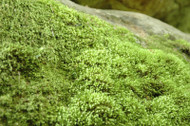Moss Gardens and all Their Benefits
Oct 03, 2018
Moss gardens create curb appeal by evoking the look of rich, green carpeting. However, moss is also very useful for gardening and landscaping. Moss such as carpet, reindeer and cushion moss species are widely used to accent gardens.

Avid gardeners find the most beautiful moss in gardens in Japan where they have been cultivated since the Feudal Era.
Benefits of Moss Gardens
There are many benefits to moss in gardens. These include:
. Soil conservation
. Environmental benefits
. Water conservation
. First Aid benefits
It's important for gardeners and landscapers to know the specific type of moss and purpose for which the moss is intended.
For example to prevent soil erosion, choose a species of moss that grows and spreads more quickly than its brethren species.
Fern moss, a fast-growing species, is yellow-green and has leafy branches resembling "fern" that grow from a central stem.

The Environmental Benefits of Moss Gardens
There are several environmental benefits of moss in the garden. As a generally slow growing plant, it emits oxygen that helps improve air quality.
Moss also soaks up carbon dioxide through sequestration. Moss is often used in wastewater treatment due to its absorption of toxic elements in air and water. Thus, moss acts as a filtration system for environmental impurities.
Water Conservation - Another Benefit of Moss Gardens
Because moss is a naturally growing plant, it seeks areas of soil that allow it to grow and spread freely. These are usually bare spots that tend to be water eroded.
Although Sphagnum moss is not itself a succulent, it is widely used for succulent plants to retain moisture. Sphagnum moss is also used as a soil conditioner to keep much-needed nutrients in the soil.
First Aid Benefits
Moss found in heavily forested areas of the U.S., and other countries have been known to be the first aid for wounds. In the U.S. in colonial times, Sphagnum moss was used to prevent sores from becoming infected. It was also used as packing between logs for log cabins.
In World War I, soldiers relied on moss as an emergency first aid to heal wounds. Packing wounds with moss, a natural preventative due to its biological properties, was well known to medical doctors during wartime when medical supplies were not accessible.

Must-Have Moss Gardens
In addition to the beauty, a moss garden offers from graceful Fern Moss or creating beautiful mounds with Cushion moss in a rock garden, consider other benefits of your moss gardens.
Today, various species of moss are considered a design facet for environmentally responsible individuals who add it to external walls of homes and buildings.
Moss gardens are a must have for avid campers who want to "rough it" in the woods. Take along a small cooler of moss for first aid.
Use moss at the base of a camping tent to seal out insects and water. Dried moss is also useful for starting campfires.
Hikers who find themselves without water can use moss, which has acidic properties that discourage bacteria, as an emergency source of hydration. Merely wring water out of moss into a cup to prevent dehydration.
Your moss gardens will become the "Go To" for neighbors and friends when you grow moss for practical uses.
Moss Gardens to Love
Moss gardens may also exploit your inner creativity. This is as easy as planning and designing moss arrangements with an artistic touch.
The best benefit of these gardens is how maintenance free they are. Gardeners don't need to worry about fertilizers or regular watering. These gardens are carefree.

Conclusion - So Many Benefits and So Much Beauty
When all of the benefits or moss and the value of the natural beauty it adds to your property are considered, plant carpet moss gardens in or around forests of trees or add a fern or reindeer moss beneath a banquet of flowery shrubbery. Be sure you have Sphagnum moss to add to container plants and as a base for new plantings. Then, enjoy your garden.

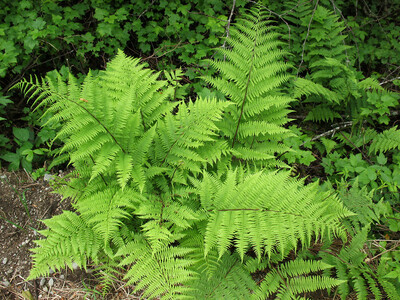 Native Ferns
Native Ferns
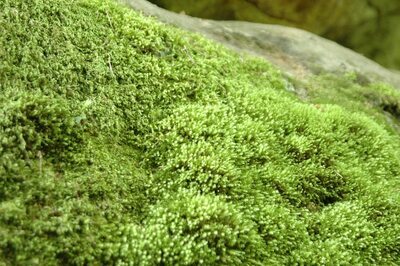 Native Mosses
Native Mosses
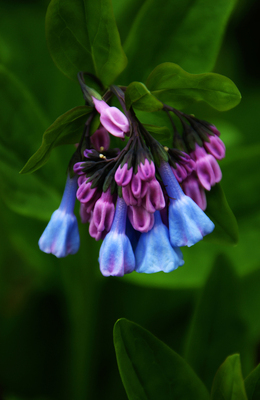 Native Perennials
Native Perennials
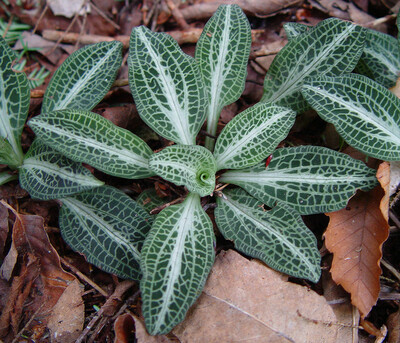 Native Ground Covers
Native Ground Covers
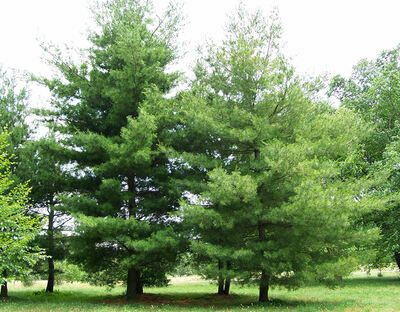 Native Trees
Native Trees
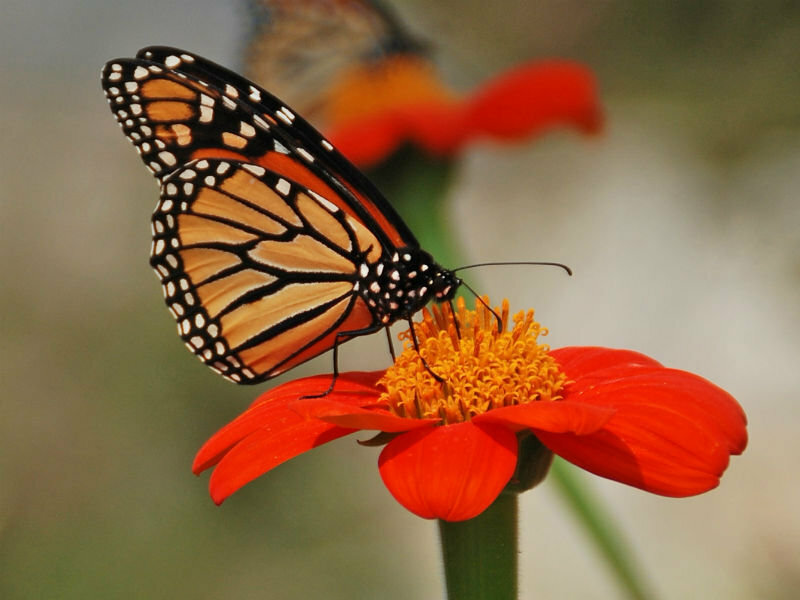 Pollinators
Pollinators
 Shop Bloom Color
Shop Bloom Color
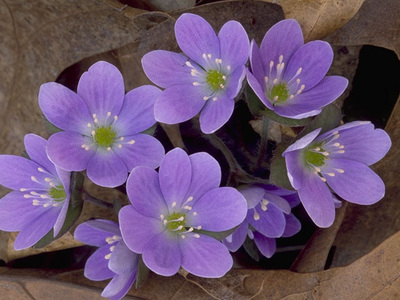 Perennials By Zone
Perennials By Zone
 Medicinal Herb Plants
Medicinal Herb Plants
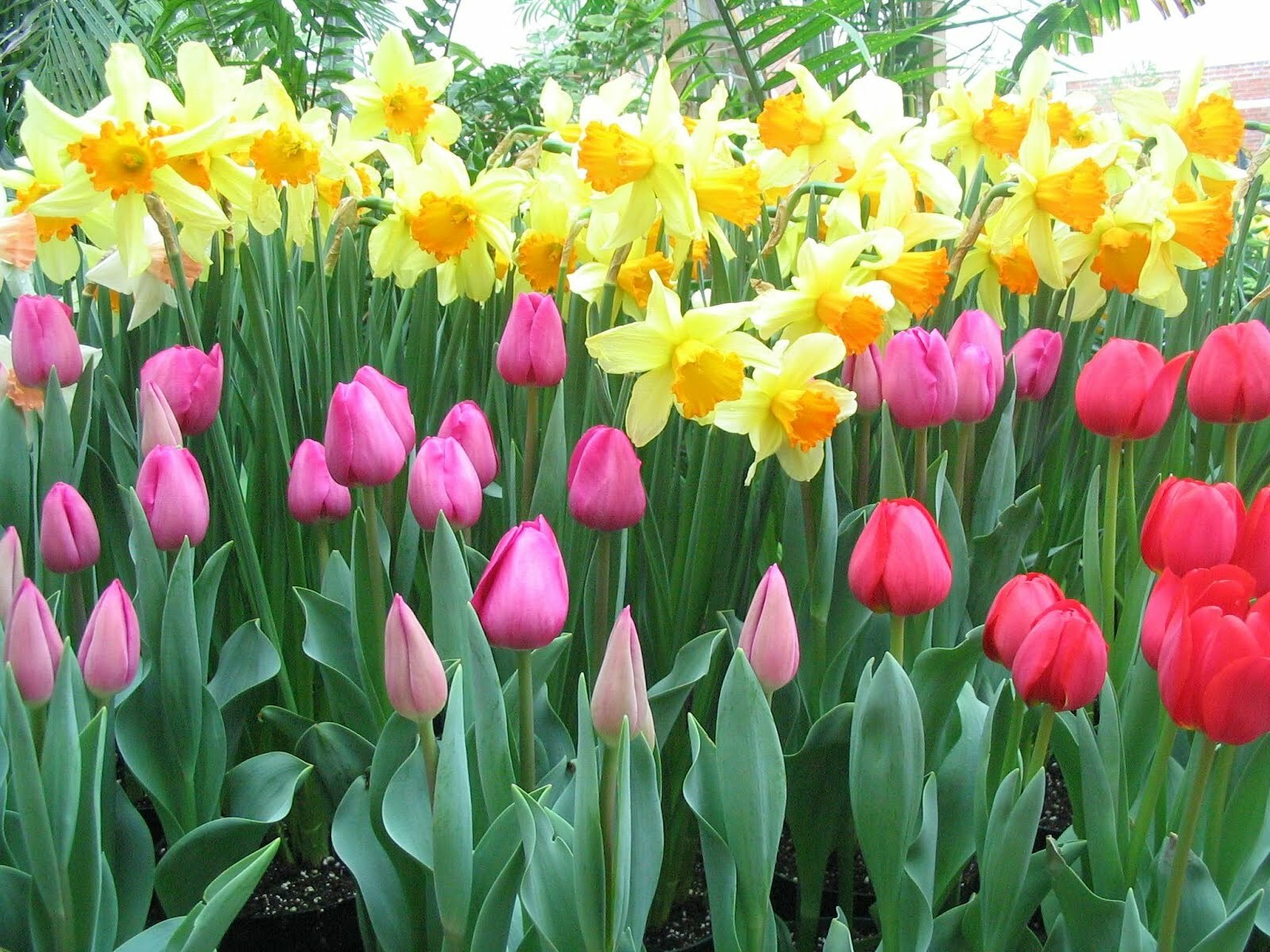 Spring Bulbs
Spring Bulbs
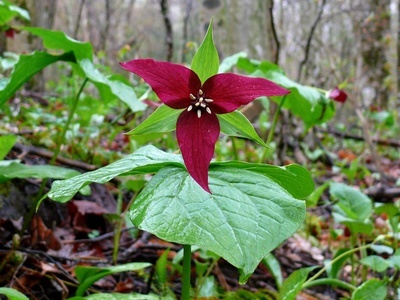 Trillium
Trillium
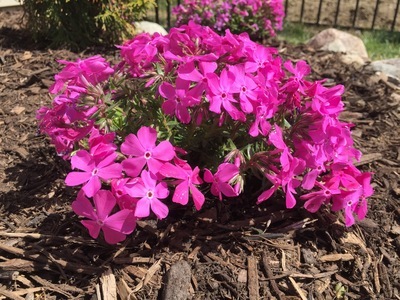 Shop By Zone
Shop By Zone
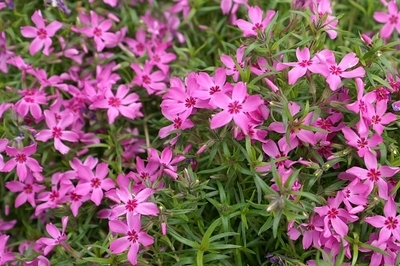 Flowering Groundcovers
Flowering Groundcovers
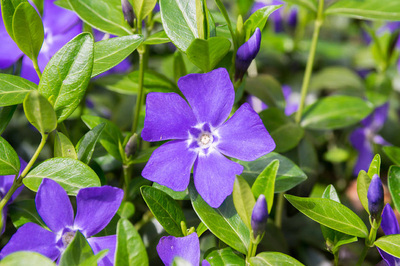 Evergreen Groundcovers
Evergreen Groundcovers
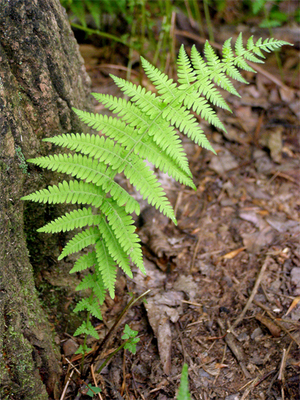 Ferns for Zone 3
Ferns for Zone 3
 Ferns for Zone 4
Ferns for Zone 4
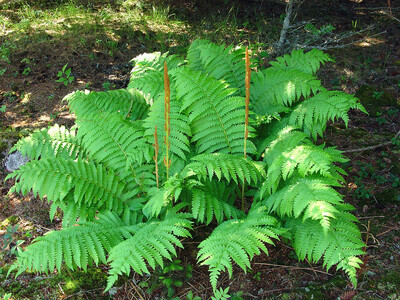 Ferns for Zone 5
Ferns for Zone 5
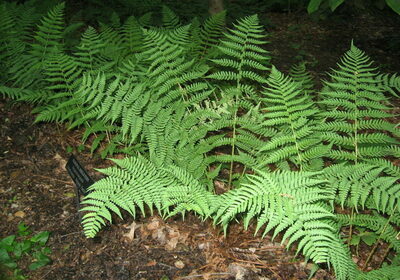 Ferns for Zone 6
Ferns for Zone 6
 Ferns for Zone 7
Ferns for Zone 7
 Ferns for Zone 8
Ferns for Zone 8
 Christmas bows
Christmas bows
 Fresh Wreaths & Garlands
Fresh Wreaths & Garlands
 Large Pine Cones
Large Pine Cones
 Live Mistletoe
Live Mistletoe
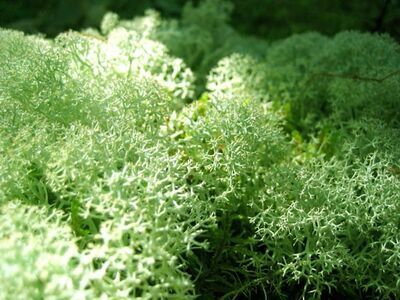 Moss
Moss
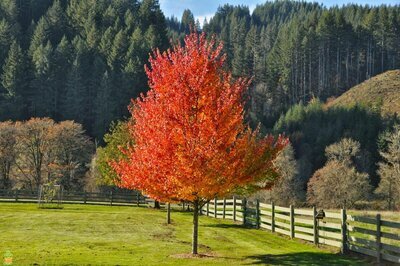 Shop Trees By Zone
Shop Trees By Zone
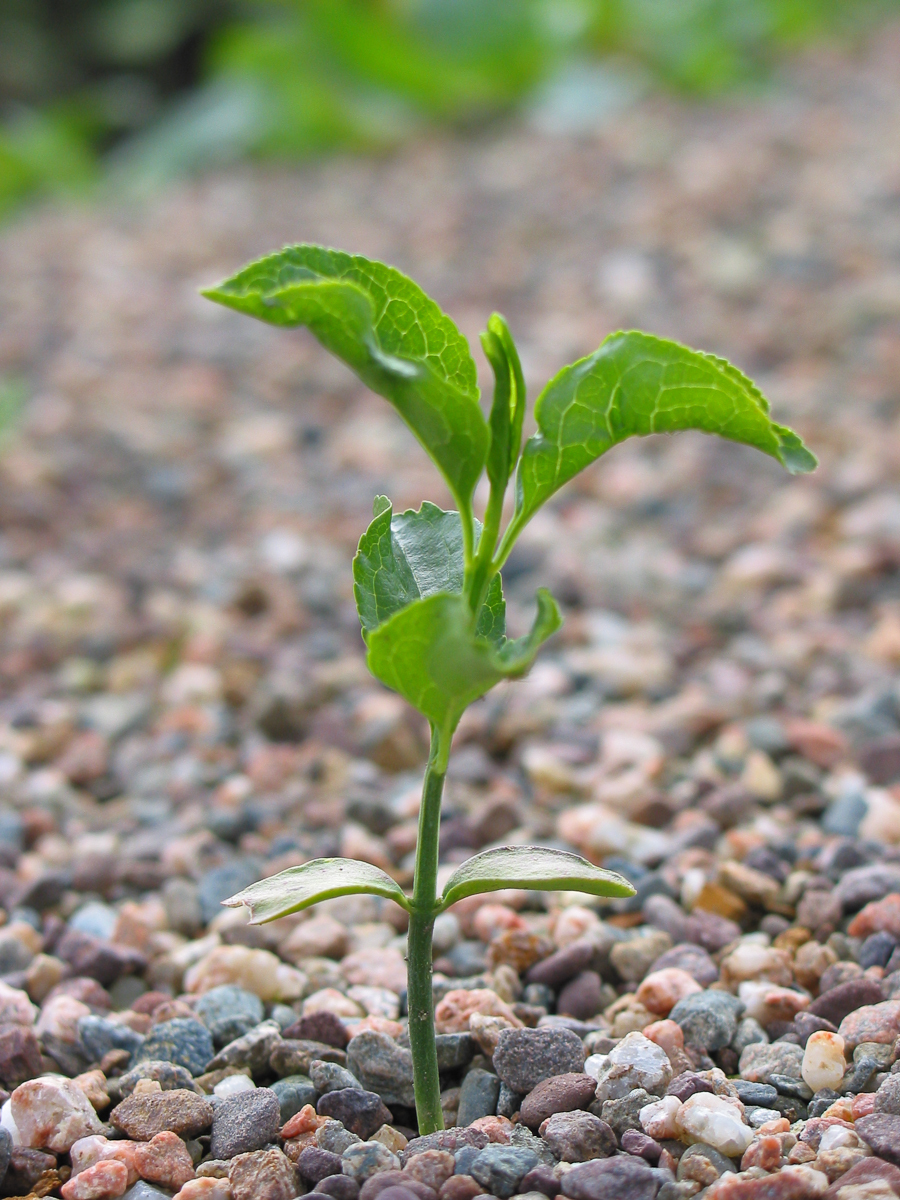 Tree Seedlings
Tree Seedlings
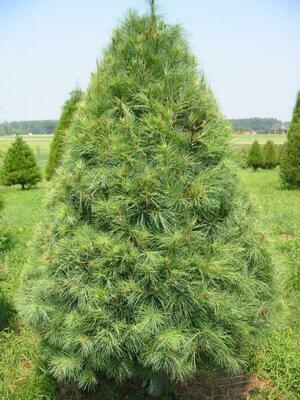 Fast Growing Trees
Fast Growing Trees
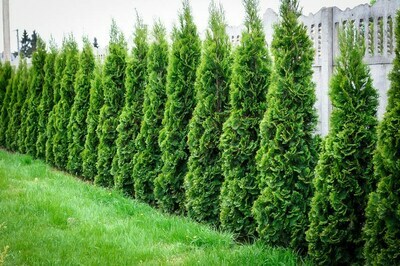 Pine Trees
Pine Trees
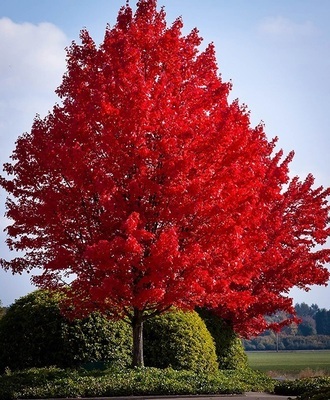 Live Stakes
Live Stakes
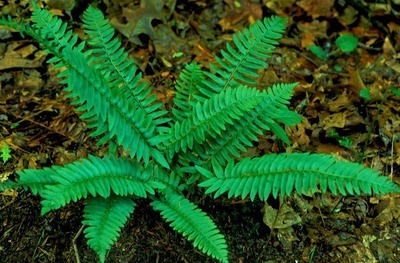 Evergreens
Evergreens
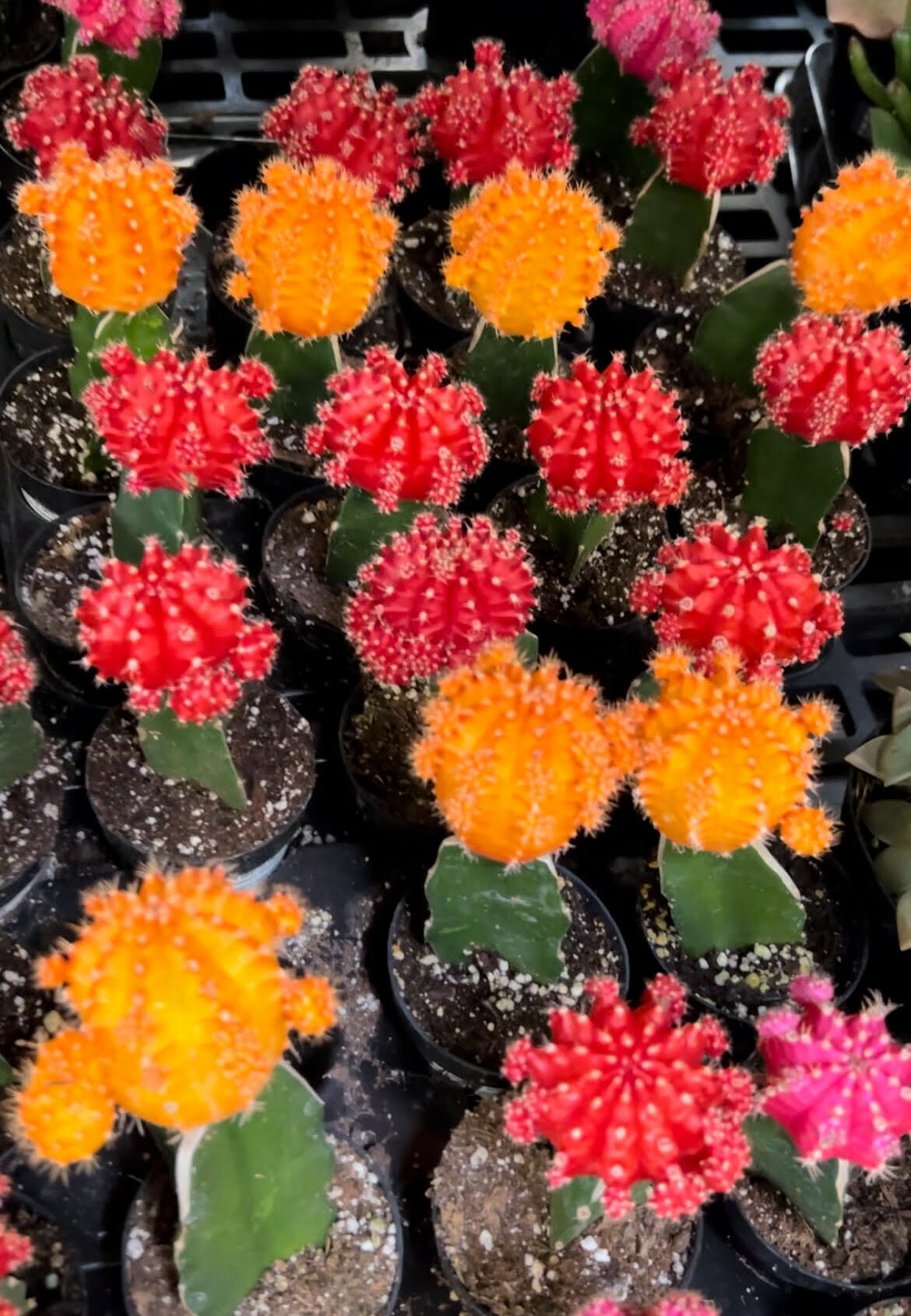 Cactus
Cactus
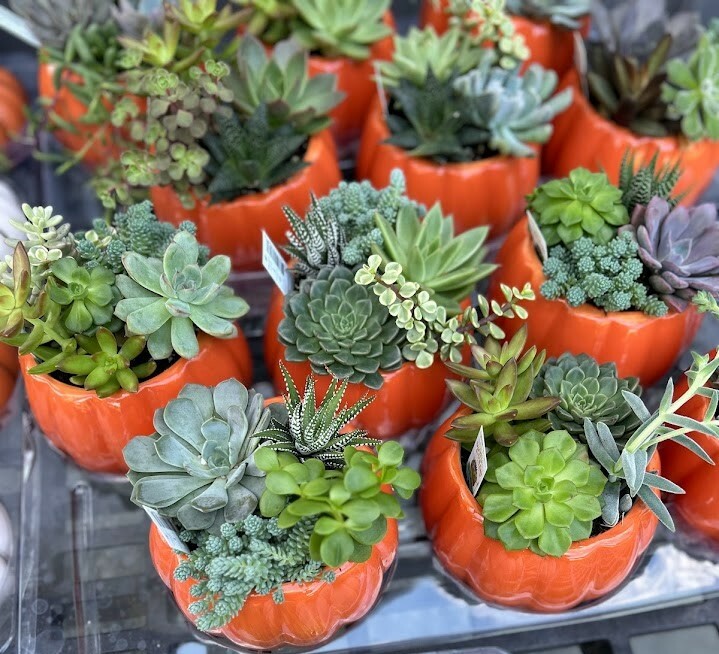 Combos
Combos
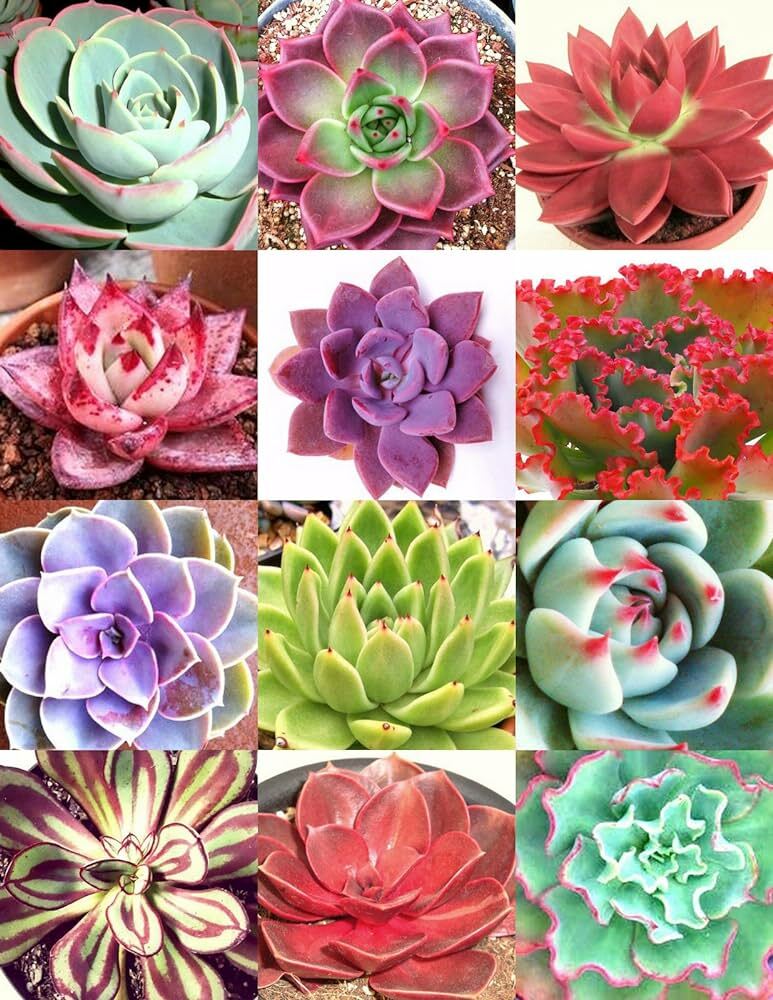 Echeveria
Echeveria
 Haworthia
Haworthia
 Sedum - Stonecrop
Sedum - Stonecrop
